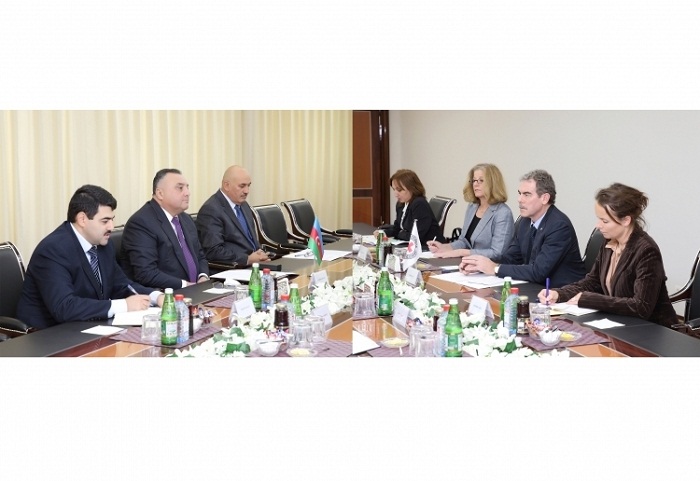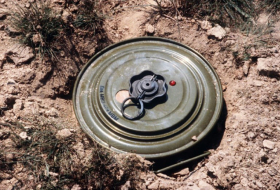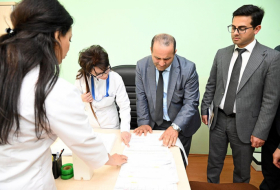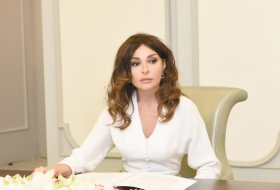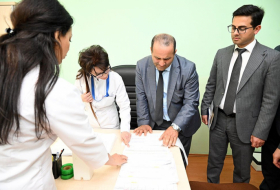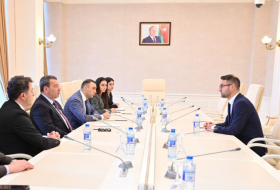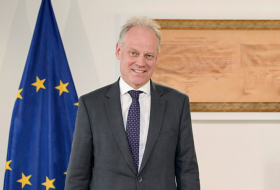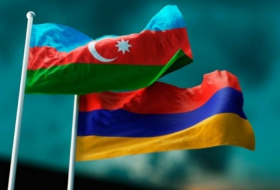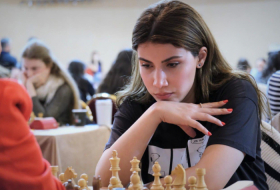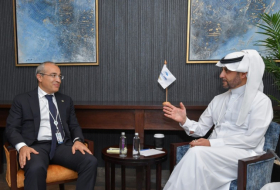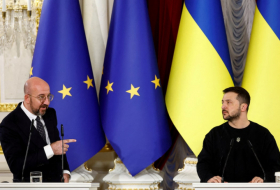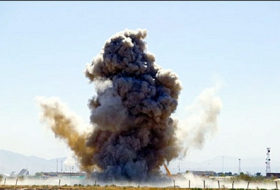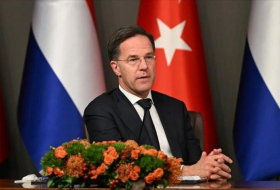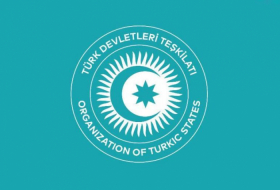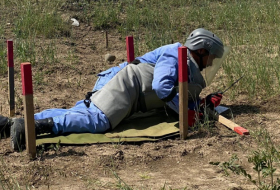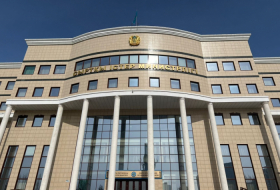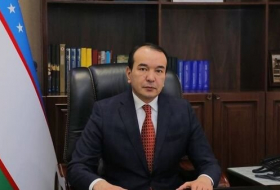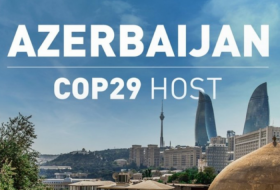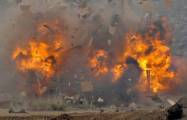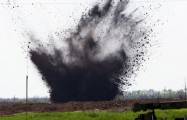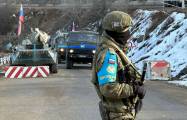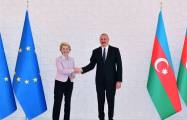The commission chairman stressed the fact that the Armenian-Azerbaijani Nagorno-Karabakh conflict that has victimized innocent people still remains unsettled as a consequence of Armenia’s destructive stance and therefore the number of victims is on the rise. “It will not be possible to eliminate the humanitarian crisis unless the status quo changes,” he added.
The minister noted that the State Commission has registered 4,013 Azerbaijani citizens as missing persons, 1,434 people were set free from Armenian captivity or hostage during the conflict and the commission’s working group has in recent years learned the fates of 1,078 people.
Mahmudov said the group is also working to locate some unknown graveyards.
“The military operations were conducted in the occupied Nagorno-Karabakh region of Azerbaijan and in adjacent districts. The people who are being searched for today have gone missing in these territories. The opposite side is mostly informed about missing, unknown and mass graves. However, Armenia still avoids giving information about mass graves and the people who can give testimony in connection with captives and hostages taken during the conflict,” the commission chairman added.
The chairman underlined that in 2014 Dilgam Asgarov and Shahbaz Guliyev were taken hostage by Armenian soldiers on their way to Azerbaijan’s occupied Kalbajar district to visit the graves of their relatives, Hasan Hasanov was killed. The process of returning Hasanov’s body lasted three months.
Mahmudov also touched on the fact that Armenian citizen Vahan Martirosyan fled to Azerbaijan to seek political asylum as he faced pressure due to his fight against corruption and irregularities prevailing in government circles, as well as arbitrariness in Armenian army. He added that Martirosyan’s family members staying in Yerevan are undergoing psychological and physical pressures by government agencies.
Patrick Vial expressed satisfaction with discussions held so far and their outcomes, and expressed gratitude for comprehensive and sustainable assistance in this regard.
More about:








